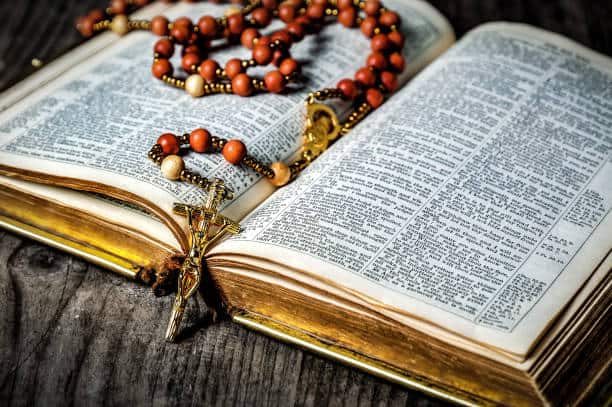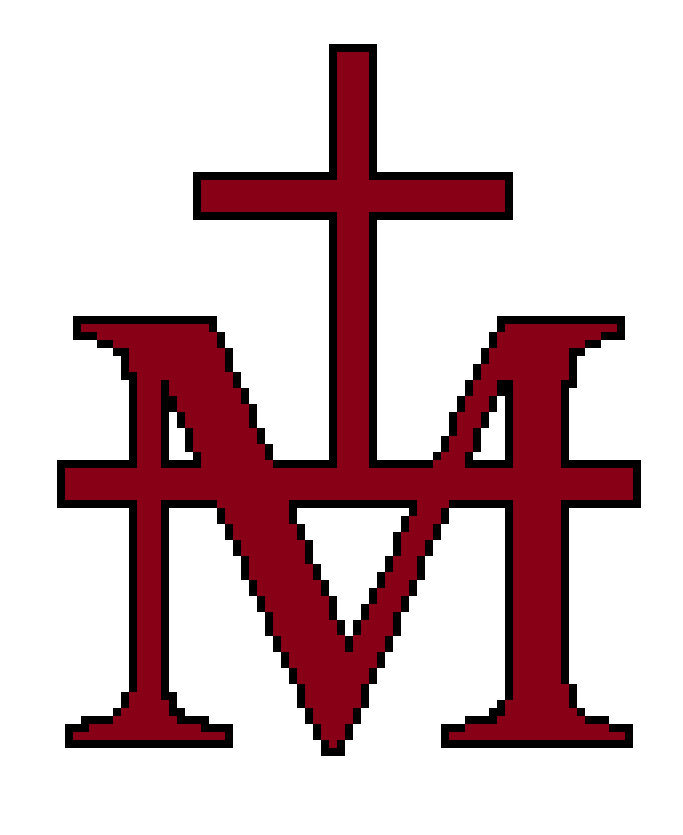Book of Truth
The Warning Second Coming Messages and Topics

Introduction
The phrase book of truth refers to a large collection of messages published online in the early 2010s under the name Maria Divine Mercy. These writings, shared through the website The Warning Second Coming, claimed to be words from Jesus Christ and the Virgin Mary. They included daily entries, special truth prayers, and what was called a Crusade of Prayer. Over time the messages were gathered into volumes and spread widely among Catholics and other Christians searching for guidance in uncertain times.
Because of their strong claims about the Church, the papacy, and future world events, the messages quickly gained attention. Many asked: Are these messages authentic? What does the Church say?
The Catholic Church teaches that public Revelation ended with the Apostles. Nothing new can be added to the deposit of faith handed down in Scripture and Tradition. Private messages, even when sincere, must always be tested and received with great prudence. The Catechism explains that such revelations “do not belong… to the deposit of faith,” and their role is only to help people live the Gospel more fully in a certain era (CCC 67).
Over time, bishops—including the Archdiocese of Dublin—publicly stated that these particular messages have no Church approval and cautioned the faithful against promoting them. This does not mean God does not speak to hearts today, but it does mean that Catholics should weigh everything carefully against the Word of God, the sacraments, and the teaching of the Magisterium.
This page exists to provide clarity. It explains what the “book of truth” is, when the messages appeared, who was named as their source, and what the Church’s response has been. It also gathers links to specific topics found in the messages—such as America, the European Union, Israel, and the papacy—so readers can see them in light of the Catholic faith, with proper discernment and guidance.
Who is Maria Divine Mercy?
The name Maria Divine Mercy is the title used by the anonymous woman who claimed to receive the book of truth messages. She first began publishing them online around 2010 through the website called The Warning Second Coming. Over the following years, thousands of messages appeared under her name. They spoke of Jesus Christ, the Virgin Mary, and God’s call to repentance.
Very little is publicly known about her personal identity, since she remained largely anonymous. Within the messages she referred to herself simply as the end-time prophet or the seventh messenger. The writings presented her as the chosen voice through whom God was revealing hidden truths and warnings for the Church and the world.
From the beginning, many Catholics were drawn to these messages because they spoke about urgent matters: the papacy, the future of the Church, the Crusade of Prayer, and the need for conversion. At the same time, the anonymous nature of the messenger and the controversial claims raised serious questions.
The Catholic Church teaches that private revelation must always be tested. The identity and character of the messenger are part of that discernment. In 2014, the Archdiocese of Dublin formally stated that the messages of Maria Divine Mercy do not have the approval of the Church and urged the faithful not to promote them. Other bishops have given similar cautions.
When were the messages given?
The book of truth messages first appeared online in late 2010 and continued for several years. They were usually presented as dated entries, each claimed to have been received by the messenger, Maria Divine Mercy, through interior words or locutions.
The flow of messages was steady—sometimes several per week—covering a wide range of topics: the Church, the papacy, global events, and the call to deeper prayer. Over time, these were gathered into printed volumes, sometimes called the book of truth volumes, and made available to followers as an archive. Alongside the messages, a growing set of Crusade of Prayer intentions was introduced, which many readers began to pray daily.
In those years, the original website, The Warning Second Coming, became the central place where the messages, truth prayers, and Crusade prayers were posted. Supporters often downloaded and shared them in local groups or printed collections.
From a Catholic perspective, the timing of the messages is part of what drew attention: they appeared during years of social, cultural, and political upheaval, when many people were searching for signs of God’s hand in history. But the Church reminds the faithful that the passing of years and the volume of material do not by themselves prove authenticity. As Saint John warns, “Believe not every spirit, but try the spirits if they be of God” (1 Jn 4:1, Douay-Rheims).
Today, the dated structure of the messages provides a timeline that many still reference. But the essential guidance remains: Catholics are called to test everything against Sacred Scripture, the Catechism, and the living authority of the Church.
The Church's Response
From the beginning, the book of truth messages drew the attention of Catholic pastors, since they claimed to come directly from Jesus Christ and the Virgin Mary, and spoke boldly about the papacy, world events, and the future of the Church.
The Catholic Church has always taught that public Revelation ended with the death of the last Apostle. No private revelation can add to or correct the faith handed down in Sacred Scripture and Sacred Tradition. As the Catechism explains:
“Christian faith cannot accept ‘revelations’ that claim to surpass or correct the Revelation of which Christ is the fulfillment.” (CCC 67)
Because of this, the Church urges caution whenever new claims of messages arise. Every alleged private revelation must be examined carefully: its harmony with Scripture and Tradition, the fruits of holiness it brings, and the obedience of its messenger.
In the case of the book of truth, the Archdiocese of Dublin issued a public statement in 2014 declaring that these messages do not have Church approval and urging the faithful not to promote them. Other bishops, in different countries, gave similar warnings. Their concern was that the writings included predictions and claims about the Church that could cause division or confusion among the faithful.
The Church’s response does not deny that God can still inspire hearts today. But it insists that Catholics should not place their trust in unapproved revelations. The surest paths remain the ones Christ Himself gave us: the Sacraments, Sacred Scripture, the Rosary, the Chaplet of Divine Mercy, and faithful obedience to the Magisterium.
In the end, the Church reminds us of Saint Paul’s counsel: “Prove all things; hold fast that which is good” (1 Thess 5:21, Douay-Rheims).
Message Topics
Countries
Lorem ipsum dolor sit amet, consectetur adipiscing elit. Ut elit tellus, luctus nec ullamcorper mattis, pulvinar dapibus leo.

We strive to provide the most complete and highest quality material we can for you, our readers. Although not perfect, it is our desire and prayer that you benefit from our efforts.

